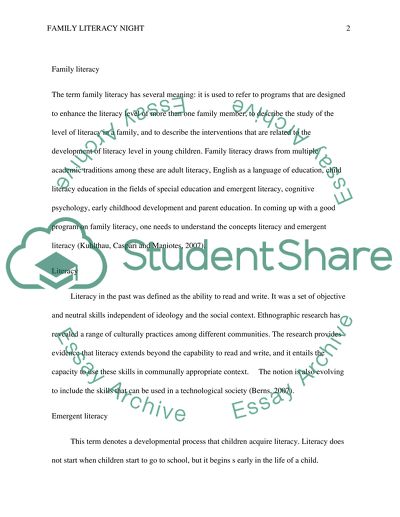Cite this document
(“Community Project Research Paper Example | Topics and Well Written Essays - 1250 words”, n.d.)
Community Project Research Paper Example | Topics and Well Written Essays - 1250 words. Retrieved from https://studentshare.org/literature/1609962-community-project
Community Project Research Paper Example | Topics and Well Written Essays - 1250 words. Retrieved from https://studentshare.org/literature/1609962-community-project
(Community Project Research Paper Example | Topics and Well Written Essays - 1250 Words)
Community Project Research Paper Example | Topics and Well Written Essays - 1250 Words. https://studentshare.org/literature/1609962-community-project.
Community Project Research Paper Example | Topics and Well Written Essays - 1250 Words. https://studentshare.org/literature/1609962-community-project.
“Community Project Research Paper Example | Topics and Well Written Essays - 1250 Words”, n.d. https://studentshare.org/literature/1609962-community-project.


